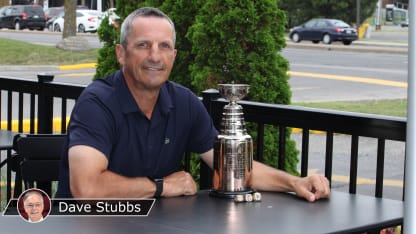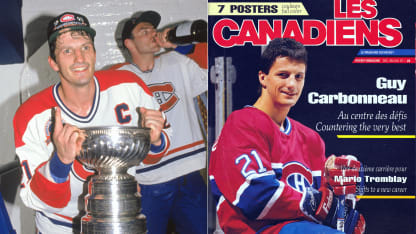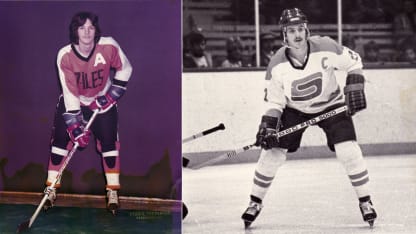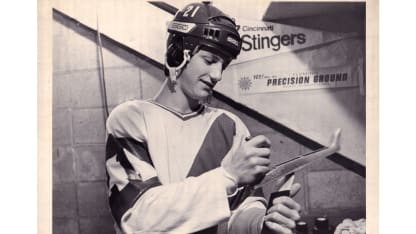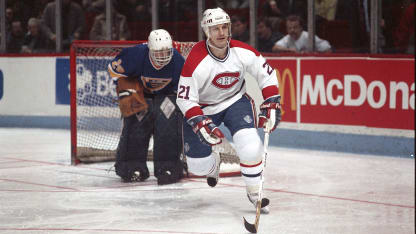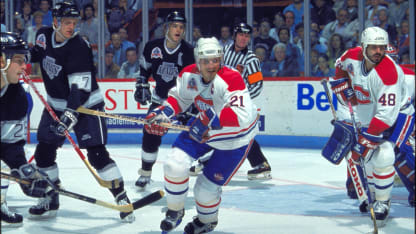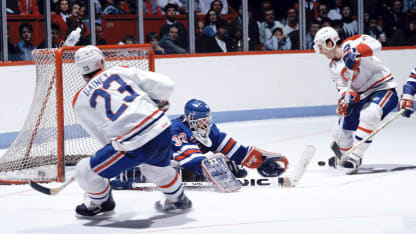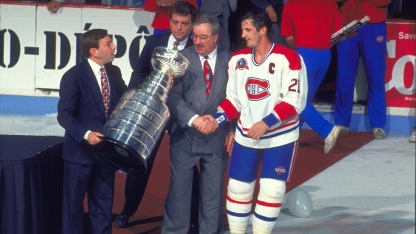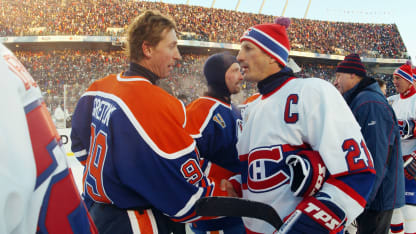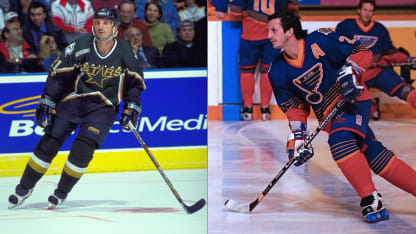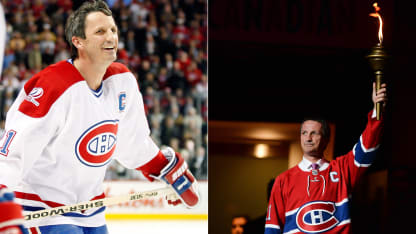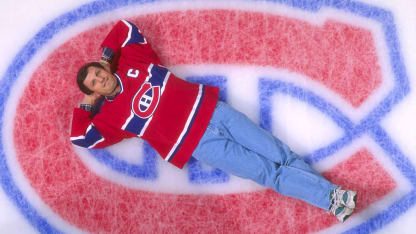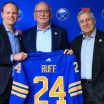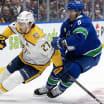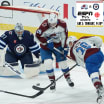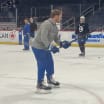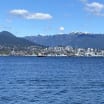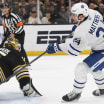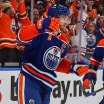"I told everybody, 'Guys, thank you. It was a good ride, but I'm done,'" Carbonneau said. "That year, I told my wife at Christmas that I was done. The day of a game, I was like a kid. But between games, I had no patience. I wasn't having any fun. I didn't want to go through another year of that."
But his final season was memorable for a special reason. A 1999-2000 Stars teammate, future Dallas captain Brenden Morrow, married Anne-Marie Carbonneau in 2002, the couple raising three children. Both daughters live in Dallas, and Morrow is expected to play with his father-in-law in the Haggar Hall of Fame Legends Classic at Scotiabank Arena on Nov. 17 during induction weekend in Toronto.
In 2006, the paths of Gainey and Carbonneau crossed again. Gainey, then the Canadiens GM, hired Carbonneau to coach the team each had been captain of, then fired him with 16 games remaining in 2008-09. His overall record was 124-83-23, and he guided the Canadiens to an Eastern Conference-leading 104 points in 2007-08.
